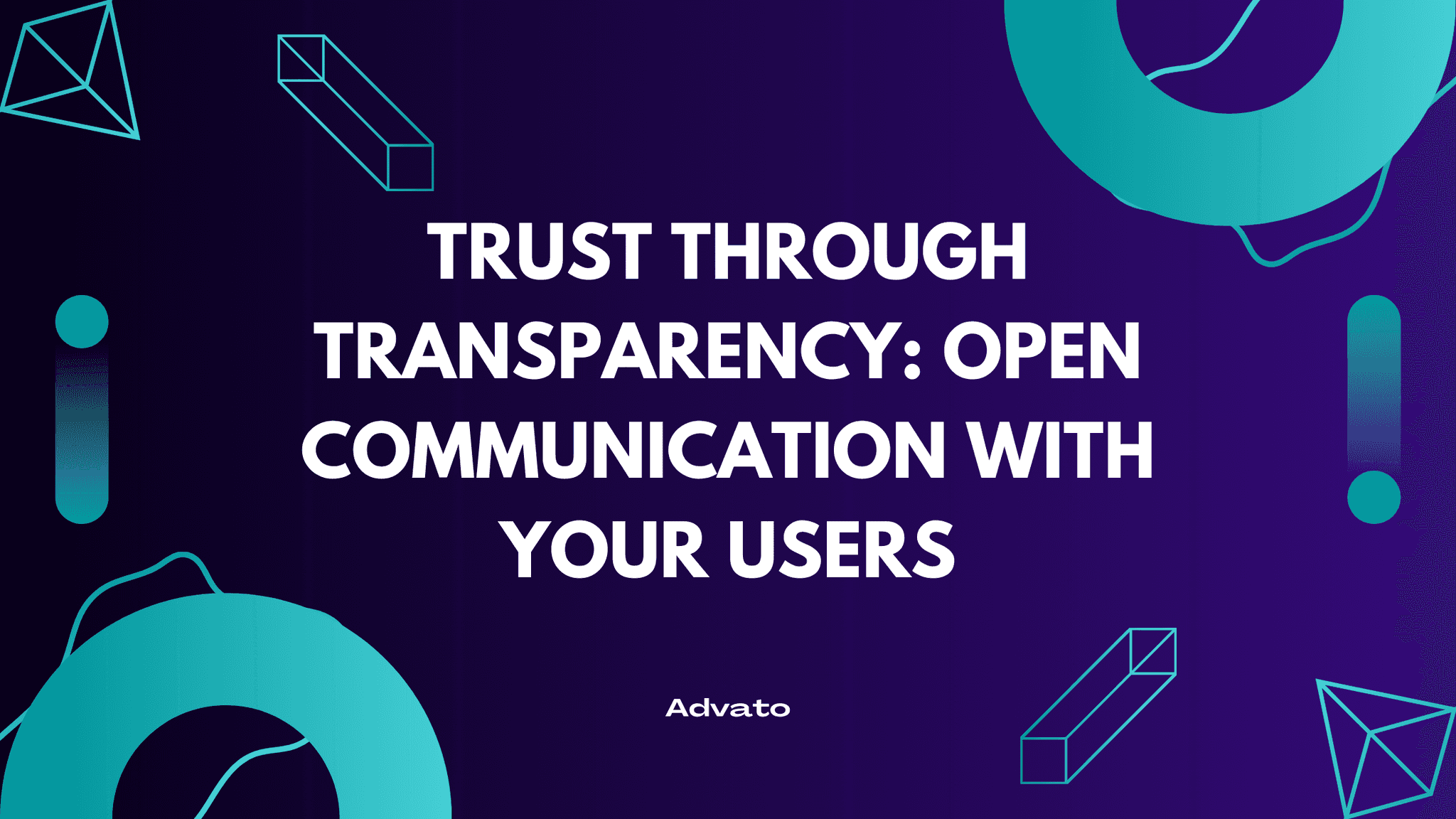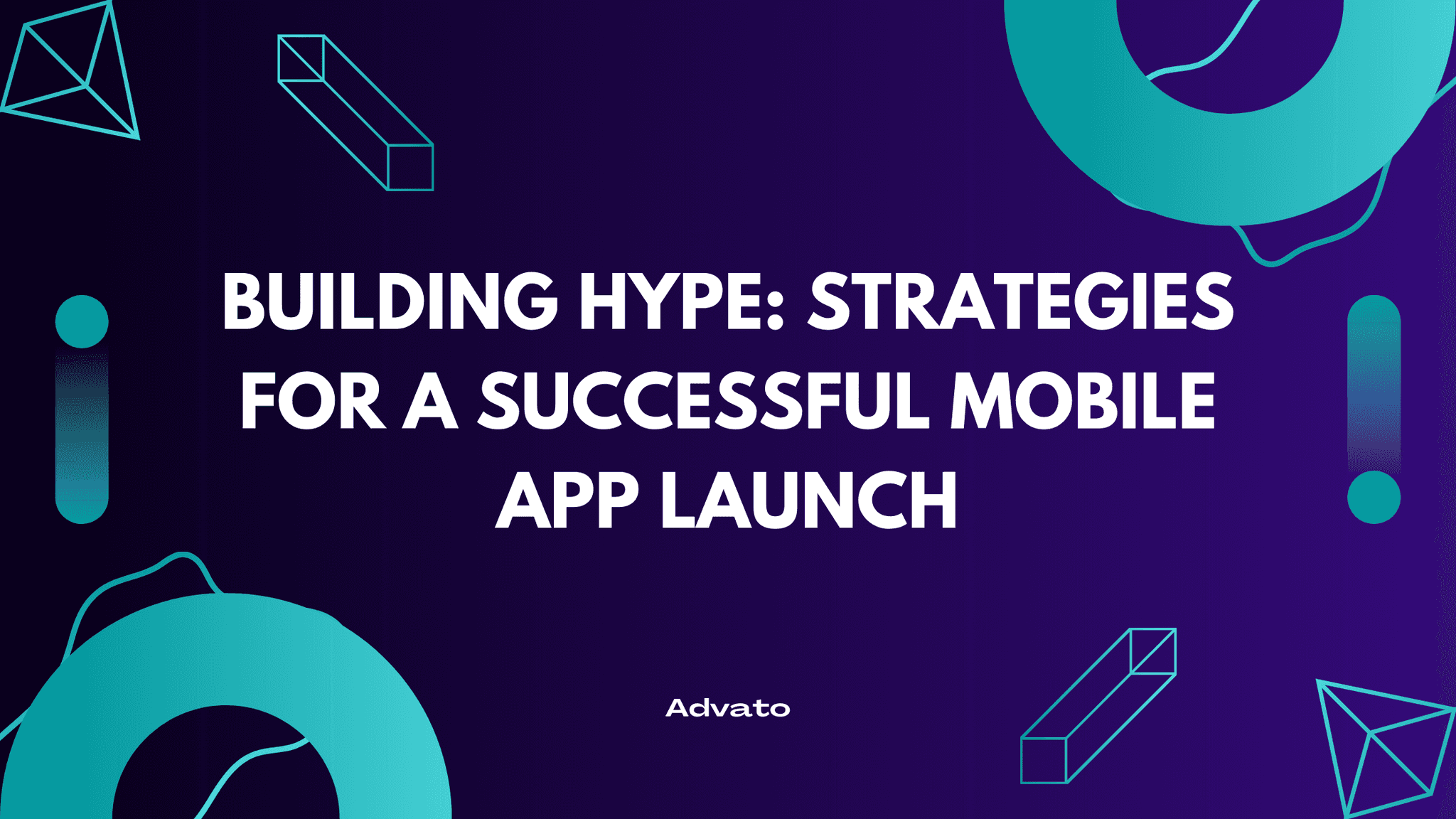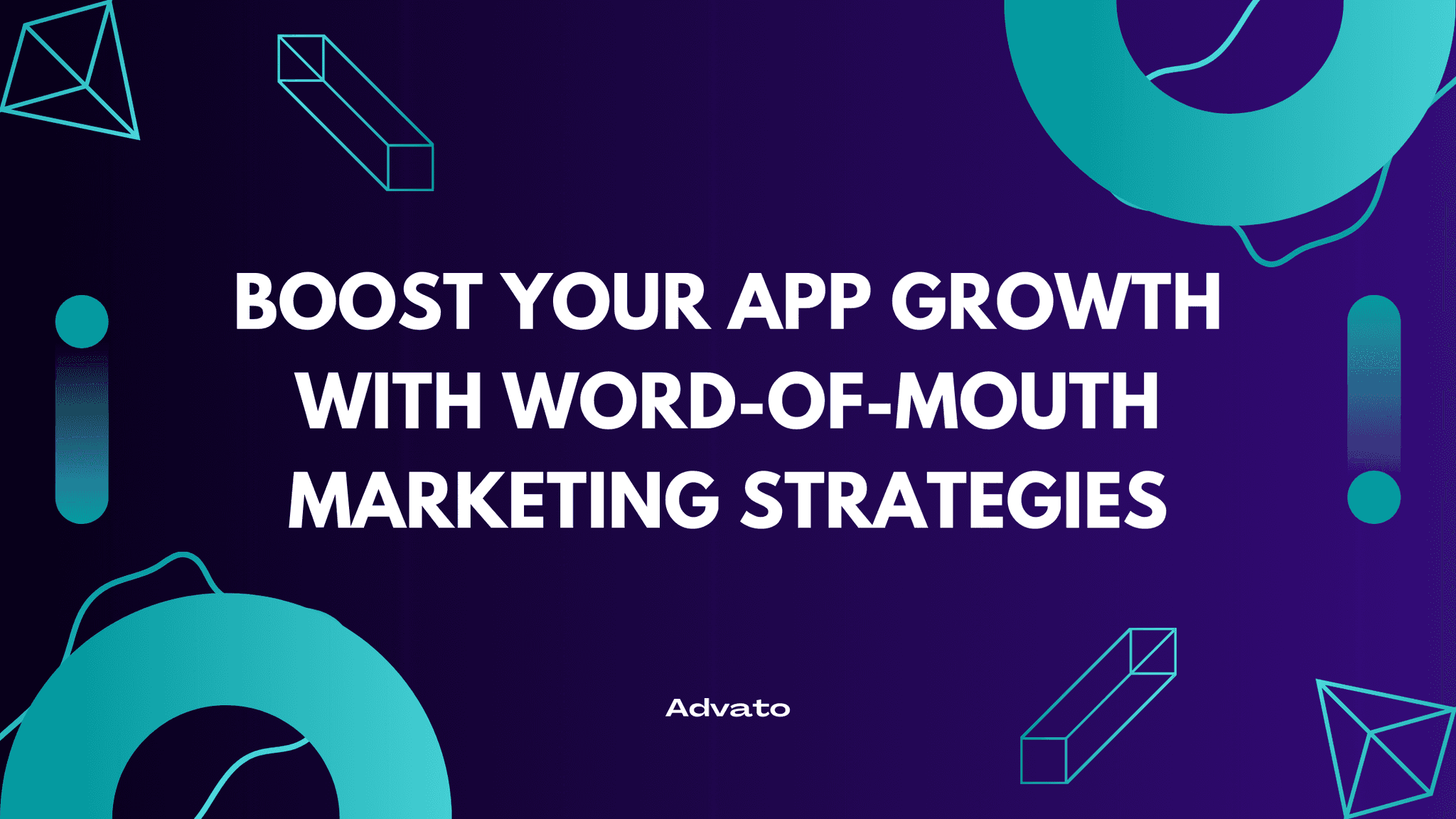Nov 4, 2024
Providing exceptional customer support has become more important than ever—especially when it fits right into the palm of your customer's hand. In-app customer support has become a game-changer for mobile apps, offering immediate assistance and enhancing user experience. But how do you implement effective in-app customer support that keeps your users happy and engaged? Let's dive into the tools and best practices that can elevate your mobile app's customer support to the next level.
Why In-App Customer Support is Essential for Mobile Apps
In an era where instant gratification is the norm, users expect immediate assistance when they encounter issues. Traditional customer support methods, like email or phone calls, often lead to delays and frustration. In-app customer support eliminates these barriers by providing real-time help within the app itself.
Moreover, the mobile app market is highly saturated. Offering exceptional in-app customer support can be an important differentiator that sets your app apart from the competition. It shows users that you are committed to their experience and are readily available to assist them.
User retention is significantly influenced by the quality of customer support. Studies have shown that users are more likely to abandon an app if they can't find quick solutions to their problems. By addressing user concerns promptly, you reduce churn rates and foster loyalty. Additionally, satisfied users are more inclined to leave positive reviews and ratings, which can boost your app's visibility in app stores.
In-app customer support also provides valuable insights into user behavior and pain points. By analyzing support interactions, you can identify common issues and areas for improvement. This feedback loop is essential for continuous app development and delivering a product that truly meets user needs.
Key Features of Effective In-App Customer Support
Implementing in-app customer support isn't just about adding a chat feature; it's about creating a comprehensive support system that caters to user needs. Here are some key features to consider:
Live Chat Functionality: Immediate assistance through live chat helps resolve user issues on the spot, reducing frustration. Integrating chatbots can also handle routine queries, making sure the users receive assistance even outside of business hours.
FAQs and Knowledge Base: A searchable database of frequently asked questions empowers users to find answers independently. This self-service approach not only reduces the load on your support team but also enhances user satisfaction by providing quick solutions.
Feedback and Reporting Tools: Easy-to-use forms for bug reports or feature requests keep communication channels open. This open line of communication helps you address issues promptly and shows users that their opinions are valued.
Multilingual Support: Catering to a global audience requires support in multiple languages for better accessibility. Language barriers can hinder effective communication, so offering multilingual support ensures all users have equal access to assistance.
Push Notifications for Support Updates: Inform users about the status of their inquiries to keep them engaged and informed. This feature reassures users that their concerns are being addressed and enhances transparency.
Integration with CRM Systems: Linking your in-app support to a Customer Relationship Management (CRM) system helps manage user data and support interactions efficiently. This integration allows for personalized support experiences and better tracking of user issues.
User-Friendly Interface: The support interface should be intuitive and accessible. Complicated navigation or cluttered designs can deter users from seeking help. Ensure that the support features are easy to find and use.
Tools for Implementing In-App Customer Support
Selecting the right tools is essential for effective customer support for mobile apps. Here are some popular options that can help you integrate support features seamlessly:
Zendesk: Offers a robust suite of customer service solutions, including in-app support features like live chat, ticketing systems, and help centers. Its scalability makes it suitable for both small startups and large enterprises.
Intercom: Focuses on personalized customer engagement. With features like live chat, targeted messaging, and a comprehensive help center, Intercom allows you to interact with users proactively and provide tailored support experiences.
Freshdesk: Provides omnichannel support, integrating various communication platforms such as email, phone, and chat within your app. Its intuitive interface and automation capabilities streamline support processes.
Helpshift: Specializes in mobile app support, offering in-app messaging, AI-powered chatbots, and user engagement tools. Its AI capabilities can handle common inquiries, freeing up support agents for more complex issues.
UserVoice: Provides feedback management and help desk solutions, allowing you to gather user feedback and provide support efficiently. Its analytics tools help identify trends in user issues.
When choosing a tool, consider factors like scalability, ease of integration, customization options, and cost. It's essential to select a solution that aligns with your app's specific needs and user expectations.
Best Practices for Customer Support in Mobile Apps
Implementing the right tools is only part of the equation. Adhering to best practices ensures that your in-app customer support is not just functional but exceptional. Here are some guidelines to follow:
Personalize the Experience: Personalization goes a long way in making users feel valued. Use the user's name in communications, reference their past interactions, and tailor support responses based on their app usage history.
Ensure Quick Response Times: Users expect prompt assistance. Establish clear response time goals for your support team and utilize automation where possible to acknowledge user inquiries immediately.
Integrate AI and Chatbots: Artificial intelligence can handle routine queries effectively, providing users with instant answers to common questions. Chatbots are available 24/7, ensuring users always have access to some level of support.
Gather and Act on Feedback: Regularly solicit feedback through surveys or in-app prompts. More importantly, act on this feedback. Demonstrating that you listen to and implement user suggestions can significantly boost user trust and loyalty.
Train Support Staff Thoroughly: Your support team should be well-versed not only in customer service skills but also in understanding your app's functionalities. Ongoing training ensures they are equipped to handle a wide range of issues efficiently.
Maintain Consistent Communication: Keep users informed throughout the support process. If resolving an issue will take time, provide regular updates. Transparency helps manage user expectations and reduces anxiety.
Respect User Privacy: Ensure that all support interactions comply with data protection regulations. Be transparent about how user data is used and secure it appropriately.
Analyze Support Metrics: Regularly review key performance indicators like response times, resolution rates, and user satisfaction scores. Analyzing these metrics helps identify areas for improvement and measures the effectiveness of your support strategies.
Create a Community: Consider implementing forums or community features where users can help each other. Peer-to-peer support can enhance user engagement and reduce the burden on your support team.
Enhancing User Acquisition Through Referrals and Support
Customer support and user acquisition are often viewed as separate entities, but they are deeply interconnected. Exceptional customer support can turn your existing users into advocates for your app. Here's how you can leverage this synergy:
Encourage Positive Reviews: Users who have had positive support experiences are more likely to leave favorable reviews. Prompt satisfied users to share their experiences on app stores or social media, which can attract new users.
Implement Referral Programs: Referral programs incentivize users to invite others to use your app. By offering rewards or benefits, you motivate users to share your app within their networks. This strategy taps into the trust users have with their friends and family, leading to higher-quality user acquisition.
Use Advato for Seamless Referrals: Advato simplifies the implementation of referral programs within your app. It handles the technical complexities, allowing you to focus on creating compelling referral incentives. Advato’s analytics also provide insights into referral effectiveness, helping you optimize your strategies.
Integrate Support with Referral Efforts: Make it easy for users to access referral options within support interactions. For instance, after resolving an issue, you might invite the user to refer a friend, capitalizing on their positive engagement at that moment.
Leverage User Testimonials: Collect testimonials from satisfied users and feature them within your app or marketing materials. Authentic user stories can be persuasive to potential new users.
Monitor and Reward Advocacy: Recognize and reward users who consistently promote your app. This could be through special badges, exclusive content, or additional support perks.
By combining top-notch customer support with strategic referral programs, you create a virtuous cycle where happy users bring in new users, who then become satisfied customers themselves. This organic growth model is cost-effective and sustainable.
Streamlining Referrals and Support
Navigating the complexities of referral programs can be challenging, but Advato is here to simplify the process. Designed specifically for app developers and marketers, Advato helps grow mobile apps efficiently. Here's how Advato stands out:
Easy Integration: Advato offers a user-friendly platform that integrates seamlessly with your existing app infrastructure. No extensive technical expertise is required to get started.
Customizable Referral Programs: You can design referral programs that align with your brand and user base. Whether it's offering discounts, exclusive content, or other incentives, Advato provides the flexibility to create compelling offers.
Cost-Effective User Acquisition: Referral marketing is one of the most cost-effective ways to acquire new users. It helps you tap into this by automating referral tracking and rewarding, reducing the overhead associated with managing these programs manually.
High-Quality Users: Users acquired through referrals are often more engaged and have higher retention rates. They come with a built-in trust factor, as they join based on recommendations from people they know.
Analytics and Insights: Advato provides detailed analytics on your referral campaigns. You can track metrics like referral rates, conversion rates, and user engagement, allowing you to fine-tune your strategies for maximum effectiveness.
Supports In-App Customer Support Efforts: By integrating Advato, you can enhance your customer support by providing users with additional value. For instance, resolving a support ticket could be followed up with a personalized referral offer, enhancing the user's overall experience.
Scalable Solution: Whether you're a startup or an established app with a large user base, Advato scales with your needs. Its robust infrastructure ensures smooth performance regardless of the volume of referrals.
Dedicated Support: Advato doesn't just provide a platform; it offers dedicated support to help you succeed. Their team assists with onboarding, strategy development, and troubleshooting.
Implementing Advato is more than just adding a referral feature; it's about embracing a growth-oriented mindset that leverages the power of your existing user base. By combining Advato's capabilities with exceptional in-app customer support, you position your app for sustained growth and user satisfaction.
Conclusion
In-app customer support is a critical component of any successful mobile app strategy. It enhances user experience, fosters loyalty, and can significantly impact your app's reputation. By implementing the right tools and adhering to best practices, you can resolve user issues efficiently but also create opportunities for growth through referrals and positive word-of-mouth.
And Advato can amplify these efforts by making it easier to implement referral programs that attract high-quality users at a lower cost.


